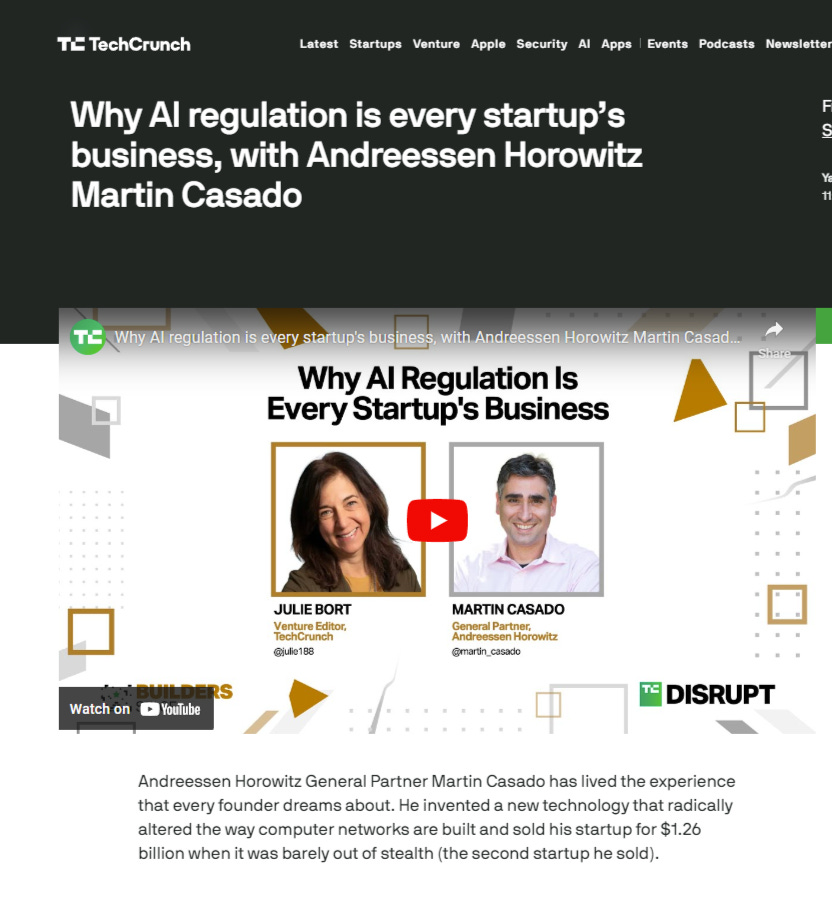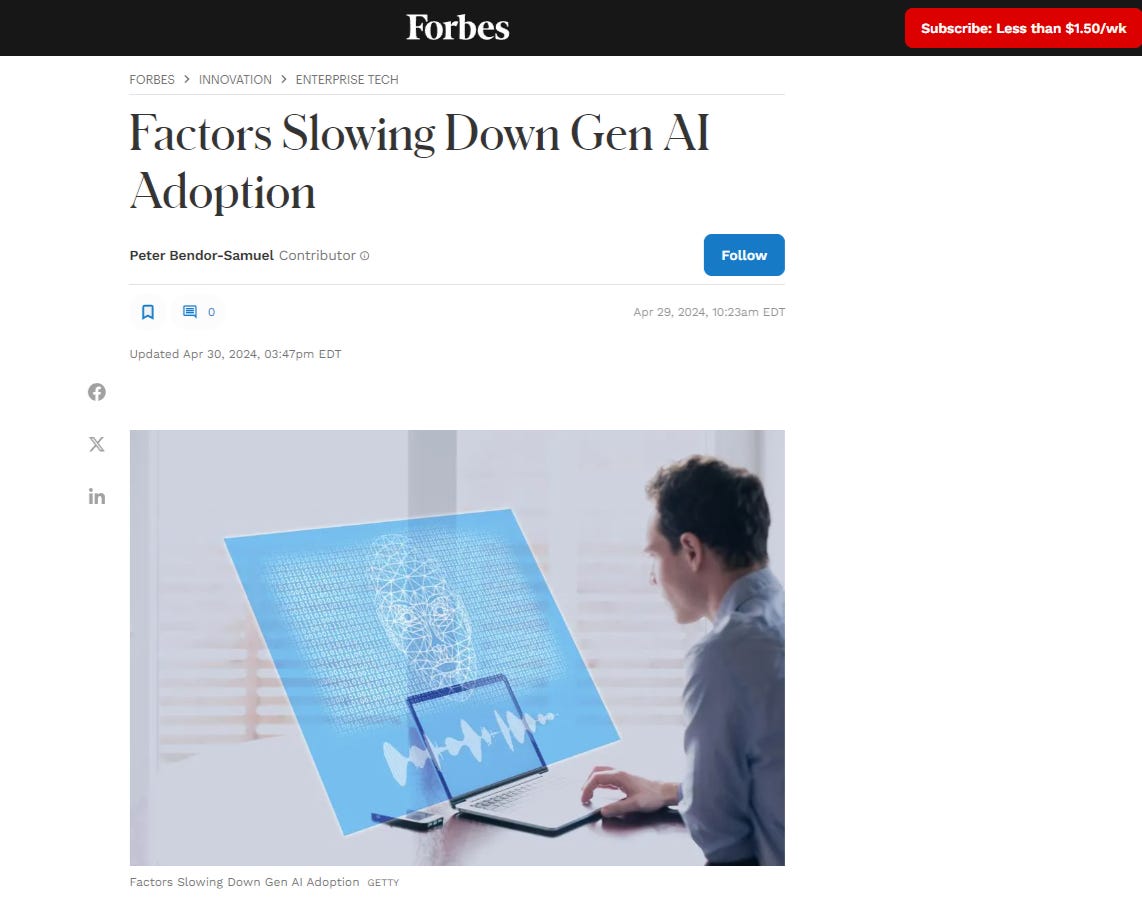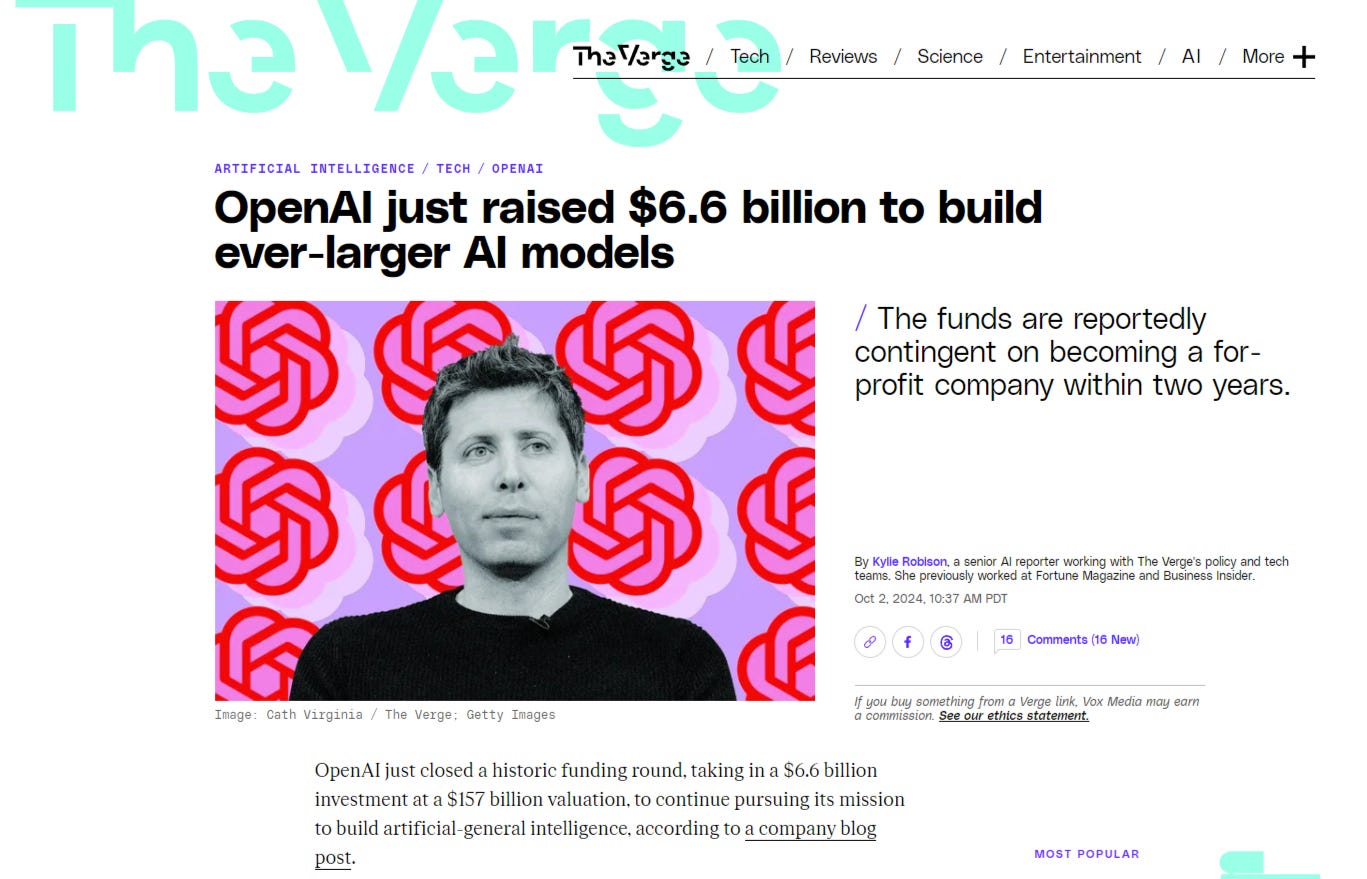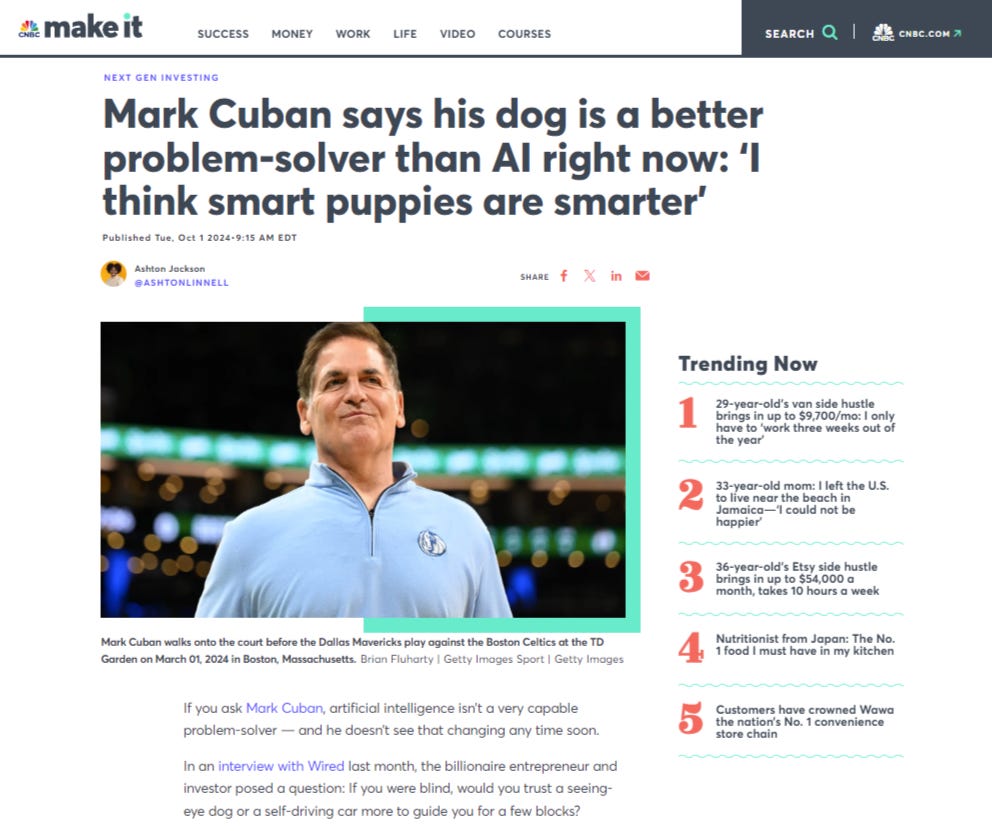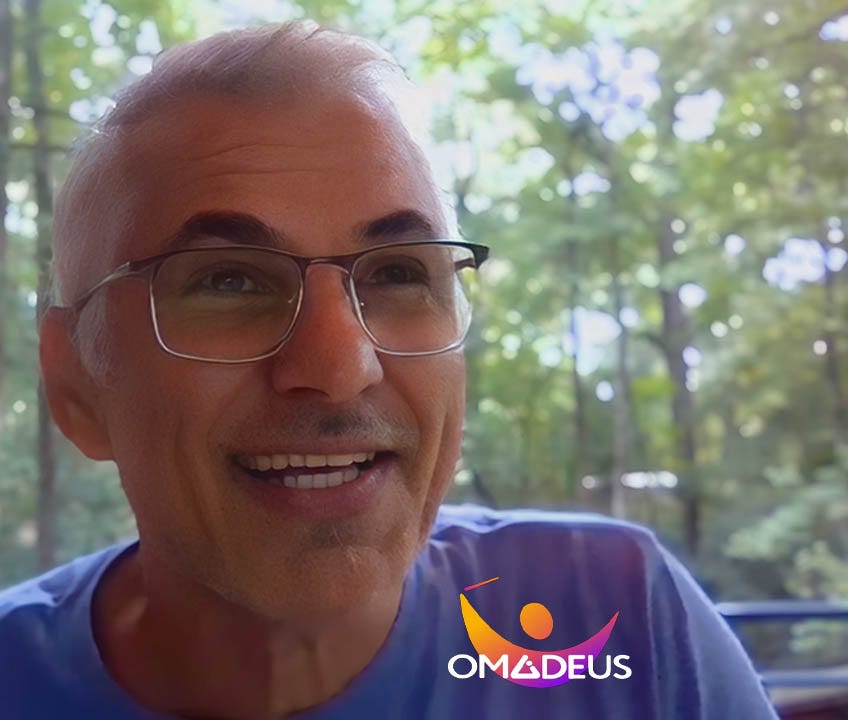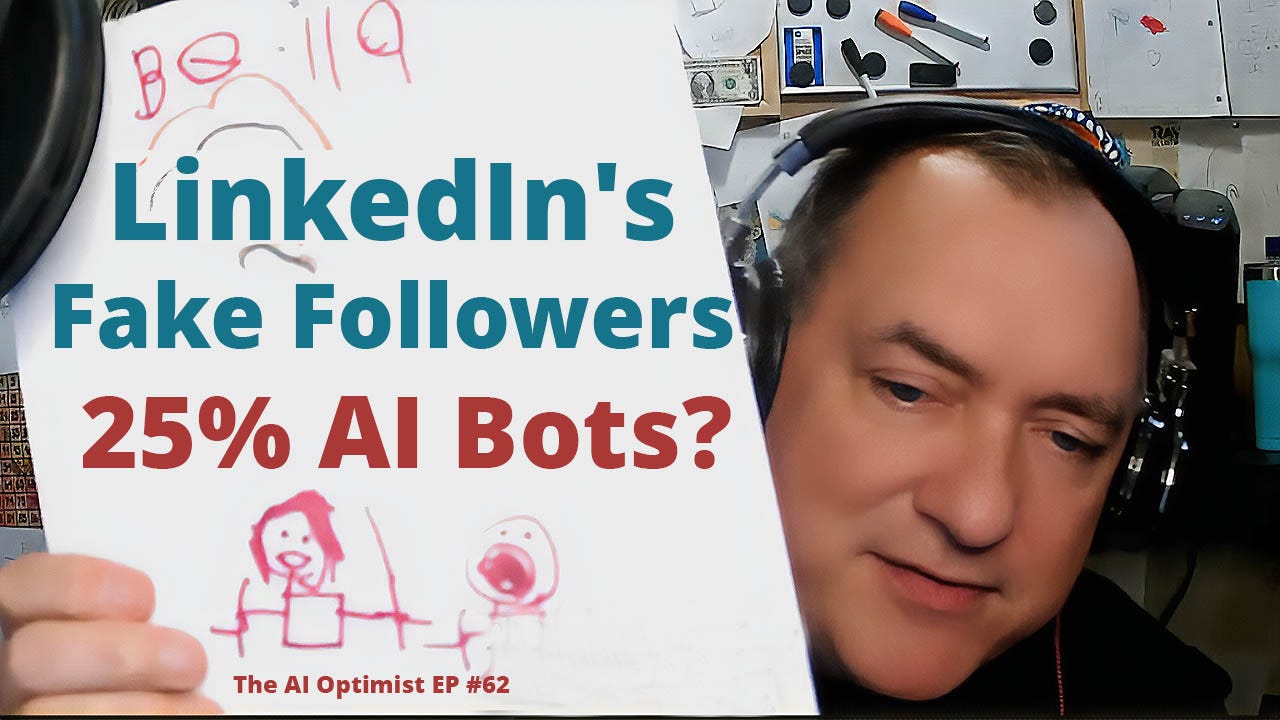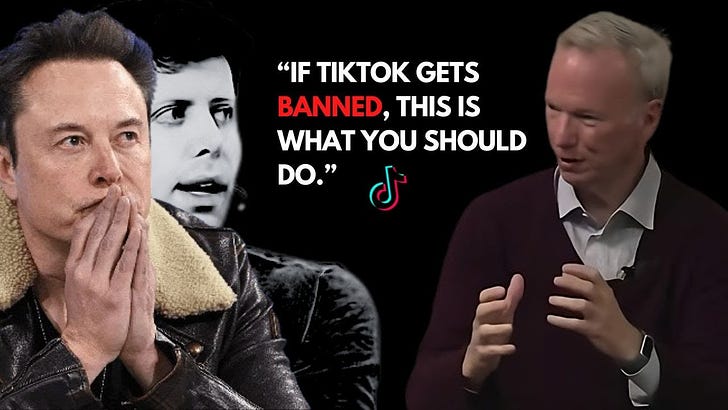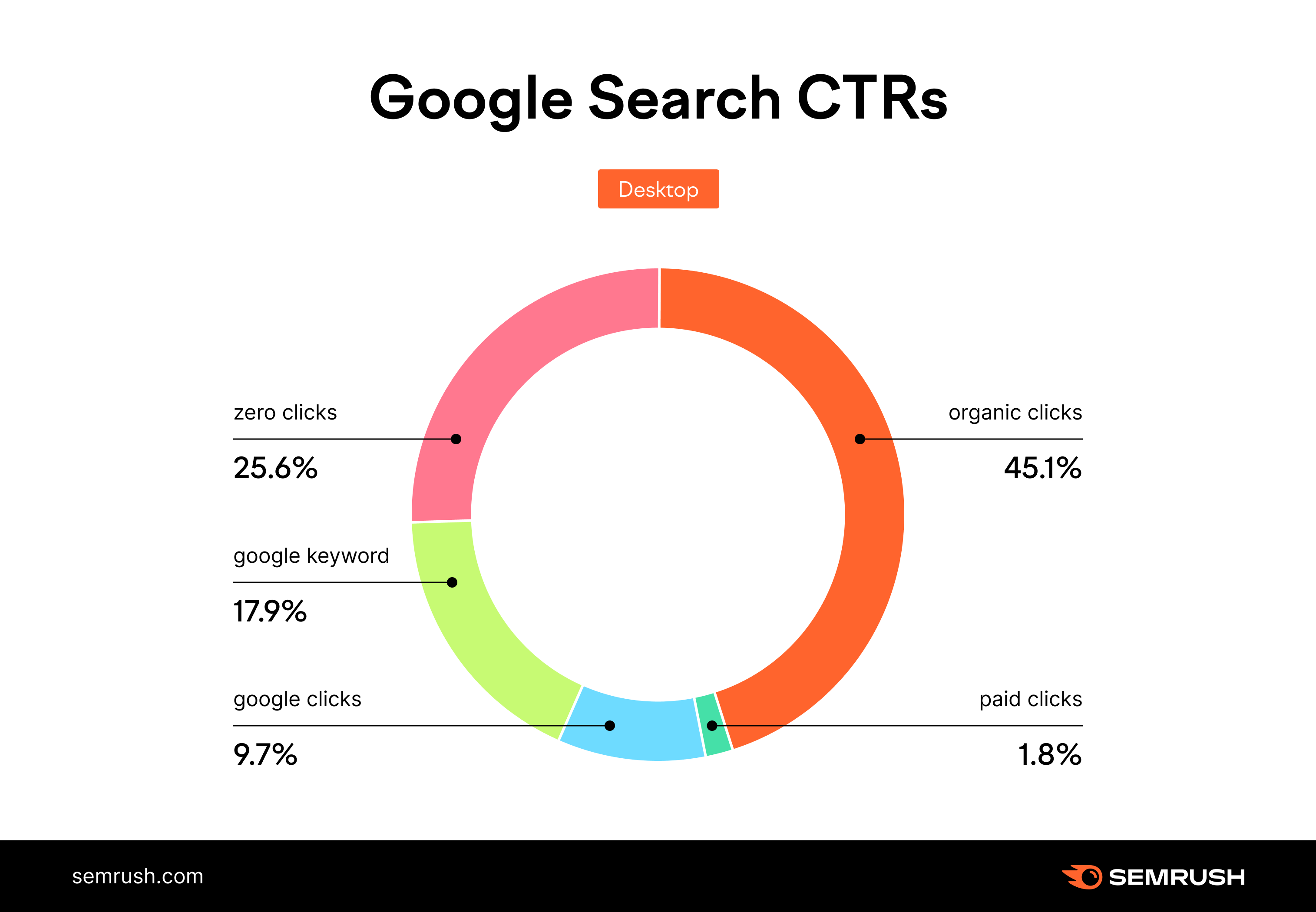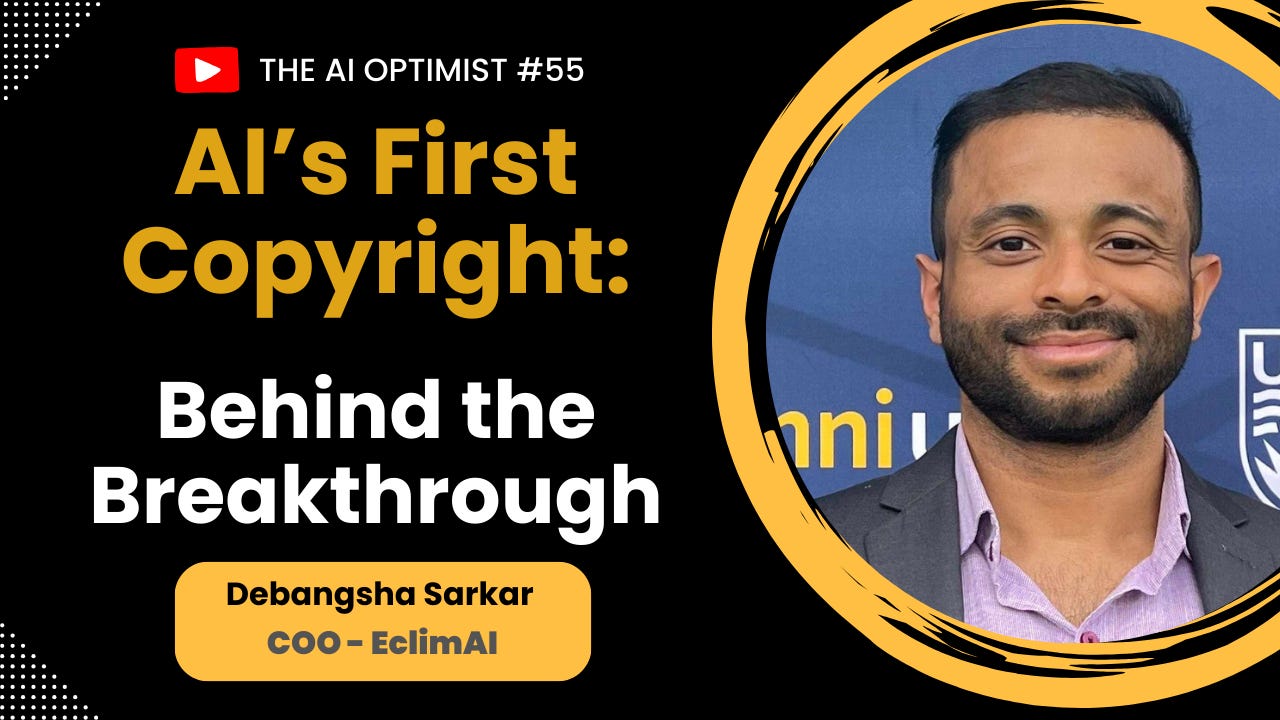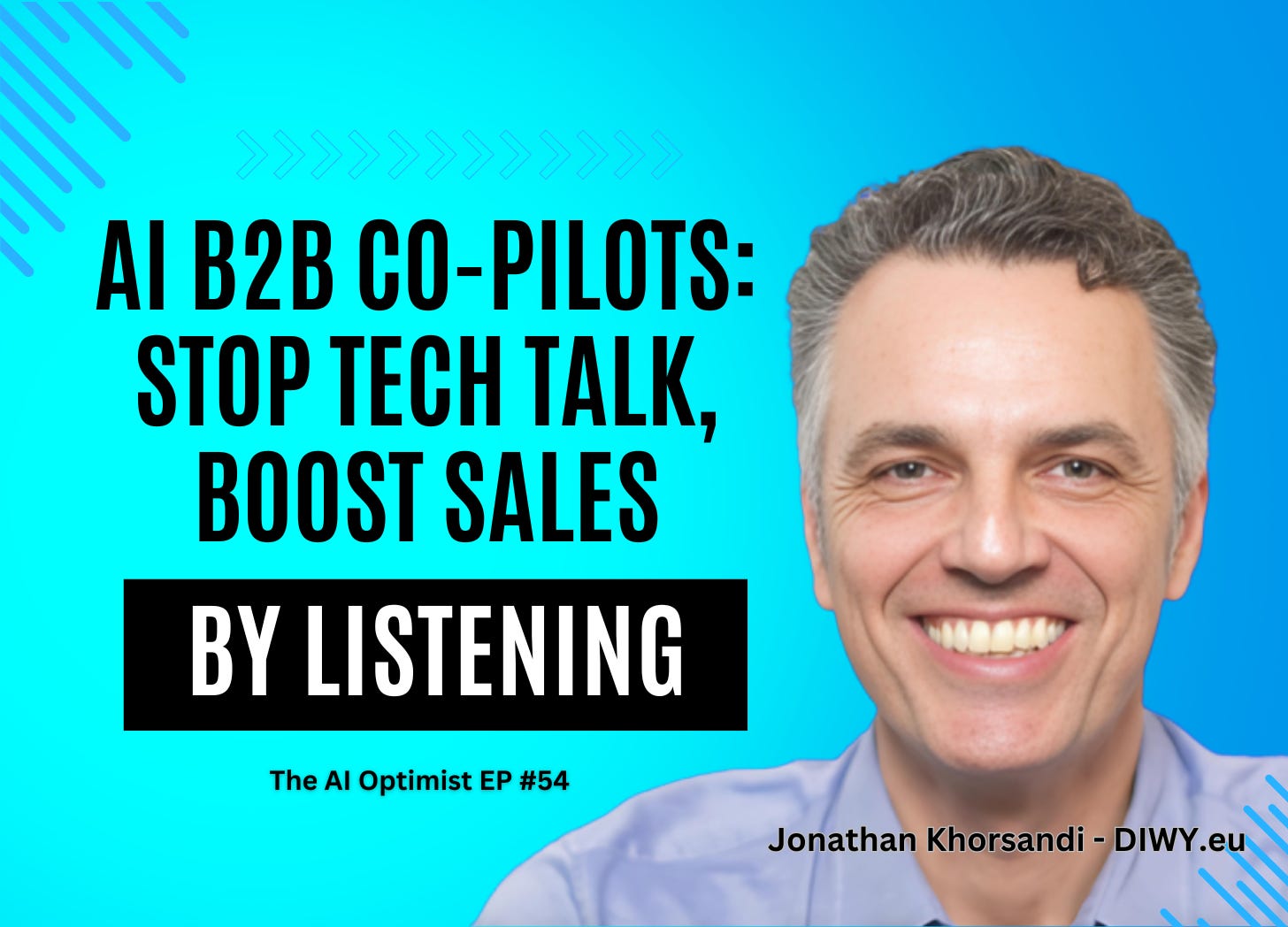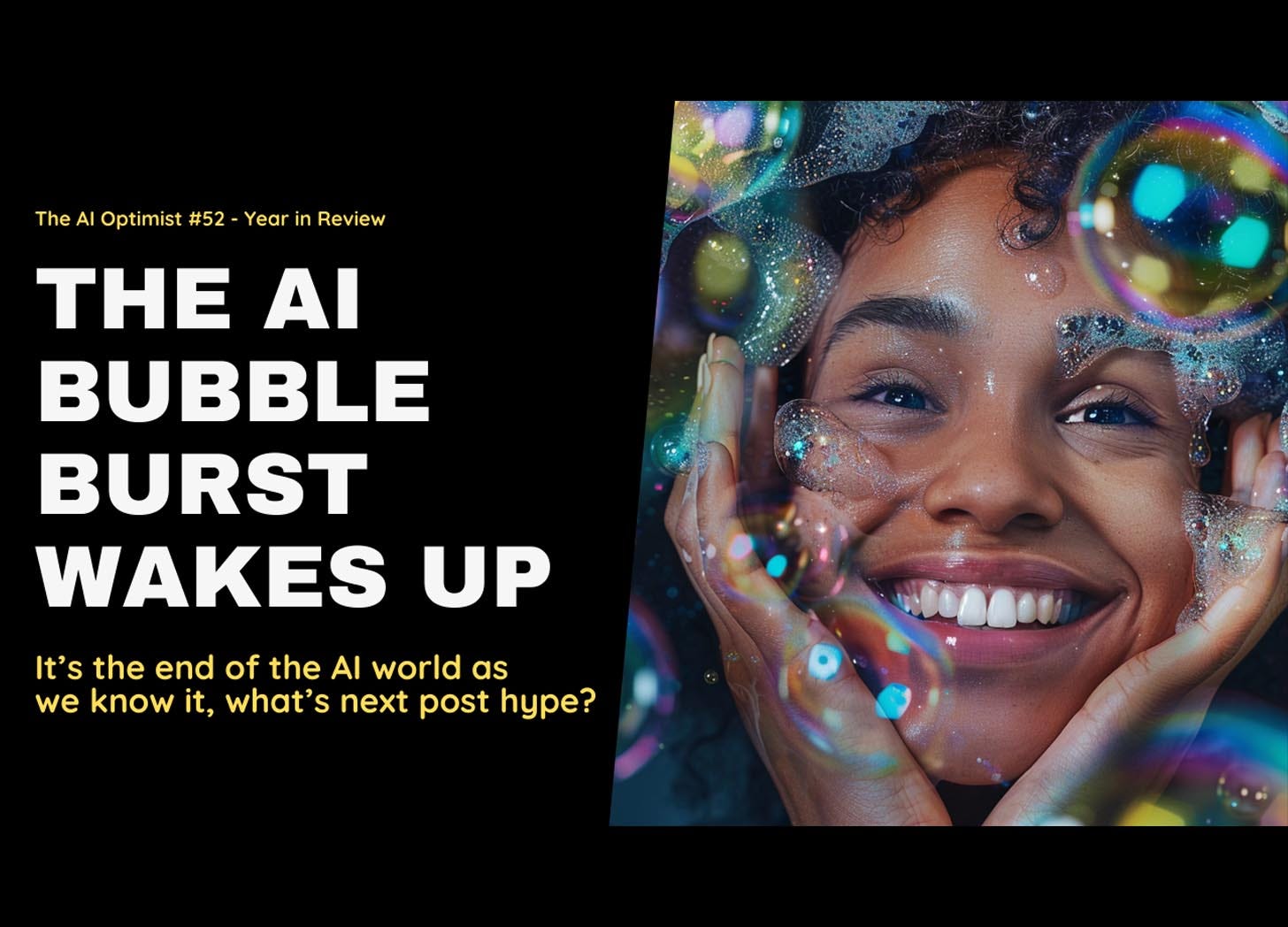Better AI Meetings: Fathom's Startup Failures and Feedback to #1
Description
In the world of AI-powered meeting solutions, one name stands out: Fathom. Founded by serial entrepreneur Richard White, Fathom has quickly risen to become the #1 AI note-taking service.
How did this journey begin, and what lessons can entrepreneurs and small businesses learn from Fathom's success?
Let's dive into Richard's story and explore the human side of building an AI-powered business.
Richard White is founder and CEO of Fathom.video, a free app that records, transcribes & highlights your calls so you can focus on the conversation instead of taking notes.
Fathom was a part of the Y-Combinator W21 batch, is one of only 50 Zoom App Launch Partners, and is one of a small handful of companies Zoom has invested in directly via their Zoom Apps Fund.
Prior to Fathom, Richard founded UserVoice, one of the leading platforms that technology companies, from startups to the Fortune 500, use for managing customer feedback and making strategic product decisions.
UserVoice was notable for being the company that originally invented the Feedback tabs shown on the side of millions of websites around the world today.
Connect with Richard White on LinkedIn
Richard previously worked on Kiko, a company in the first batch of Y-Combinator, with Justin Kan and Emmett Shear who subsequently went on to found Twitch. Richard is passionate about designing intuitive productivity tools with delightful user experiences.
Starting Fathom When AI Wasn't Cool
It all began in the lockdown of 2020 when meetings became a way of life for everyone.
Richard, who had previously founded and led UserVoice for 13 years, found himself struggling with a common problem:
"Right before Covid, I was actually doing a lot of product research at Uservoice. And so I was on a bunch of zoom meetings, and I was trying to talk to people and take notes at the same time, and I'm like, hurriedly typing up notes.
And then after the meeting, I'm like, cleaning up those notes so that they make any sense. And I just felt like this is such a terrible process."
This frustration led Richard to a realization: there had to be a better way.
He observed that existing tools were focused on salespeople and were expensive.
So, he developed a thesis:
"We think transcription is going to become really cheap. And we also think AI can get really good, which seems obvious now.
But I remember in 2021 we put AI in our product name and all my investors freaked out.
I mean, no one likes AI, even though it's hard to remember this, right?"
Richard and his team believed that if they could create a good tool for recording and transcribing meetings, they could eventually drop in AI to take amazing notes.
They decided to give away their product for free, betting on the cost curve coming down as usage increased.
The Illusion of Failure: Leading by Example
Like most startups, Fathom's journey wasn't easy. They went from 100 monthly active users to 100,000, but it wasn't without challenges.
Richard shares his perspective on dealing with the illusion of failure:
"I think sometimes I see founders that delude themselves about their products. It's like, they want to use it for someone else's product, but because it's their own, they'll ignore all the warts.
But I think if you can stay relatively sober about your assessment of how good your product is, and it is truly transformational for you, I think that just gives a really good bedrock."
Richard emphasizes the importance of believing in your product and its impact:
"I didn't really ever give up on because I knew the impact it was having on my work life.
And so we just had that's why I was like, there has to be more of this story.
And that's why we kept digging until we found out, 'Oh, okay. Here's what the problem is.'"
Being Data-Driven Without Enough Data - Going with Your Gut
One of the challenges Fathom faced was navigating the early stages of product development without sufficient data for A/B testing. Richard shares his approach:
"In a lot of B2B products, you don't get the scale to be able to do things in a data-driven way. Truly. Like a lot of stuff is guessing.
With Fathom we can, you know, we're a B2B product, right?
But we have enough scale because it's kind of a prosumer product."
Richard emphasizes the importance of focusing on one key metric at a time:
"I always say I want to solve one key metric at a time in the business. I see a lot of people that like start off and they're like, what shall I monetize?
And we're trying to prove engagement and we're trying to fix our onboarding like pick one, right?"
For Fathom, they started with free user retention:
"I'm a big fan of delayed monetization because I think it's hard to get people to use the thing, but then to get them also to pay for it, getting the users is part of the barrier for most products, in my opinion."
Speed is a Feature: 30-Second Meeting Notes
One of Fathom's key differentiators is speed. Richard explains:
"Speed is a feature. And I remember because when we were four years ago, building the first prototypes and testing their products, like, even zoom takes half an hour to get you the recording.
Gong would take you half an hour to get a recording, and I remember seeing the team. It's like if I'm trying to replace note-taking one of the things notes have is immediacy."
Richard pushed his team to make the note-taking process faster and faster:
"I remember telling the team it needs to be faster, like, we need to get you this, as close to the meeting ends as possible.
Remember the engineering team be like, how fast does it need to be? That's like, I don't know, just keep getting faster and I'll tell you it's fast enough."
Through continuous iteration, they managed to get the process down to about 30 seconds:
"And so to this day, I think we're also, still a lot of our competitors take five, ten, fifteen, 30 minutes to get you those notes.
And like, it seems like a small thing, but I think it's one of the key features. Speed is probably one of our biggest features."
Customization and Templates
Fathom has evolved to offer a wide range of customization options and templates:
"We've got 15 different templates now. A couple different depending on, a couple of ad sales ones depending on your sales methodology, 101 templates.
Retrospective, you name it. We also just added the ability where you can give the AI feedback and be like, I want the sales template, but I also want you to make these adjustments to it sort of thing."
Richard believes that this level of customization is crucial:
"I think everyone's got years and years of experience writing notes and we know exactly what we want.
And so if it doesn't match the output I'm trying to get, it's not replacing note-taking.
And so we actually think that that's an important differentiator is being able to have not just really good notes, but really good notes in the format that makes sense for you in your business."
The Future of Fathom and AI in Business
Looking ahead, Richard shares his vision for Fathom and AI in business:
"I think AI is going to do to the operational side of businesses what open source did to product development, meaning you can now build automations that have judgment. Right.
Which is always the challenge. Like historically, judgment was only the purview of the humans, which is why you have a 10 person engineering team but a 100 person sales team.
Now, you can basically build automations, judgment, and what you need to build those automations is access to data."
Richard envisions a future where AI acts as a true assistant:
"I'm excited about this world where if you think about the modern working world, the ratio of like real work to busywork, right, the amount of time or it's like, oh, I had this meeting,
I track these action items, I log this thing here, I moved this thing from this, from my knowledge base to my task tracker.
There's all this kind of like bit shuffling right to keep the humans organized."
He sees AI transforming this process:
"And I think what we're really excited about is a world where you can just, it really does feel like an assistant. Right? For AI to get on a meeting.
So reminds me why I'm getting on this meeting. Here's the last one you had, here's what you're trying to cover.
And just when you're on these meetings, when you're talking to other people, whether it's in person or remotely just speaking something brings it into existence."
Richard believes this will lead to a more creative and efficient work environment:
"Who will really be unlocked to just be kind of our full creative selves, and we're here to do the things that AI can't do, which is imagine not like the solutions to some of these problems.
And when it gets down to the tactical things to do the stuff, like before it, before the meeting even ends task are being created, the task is being completed."
Lessons for Entrepreneurs and Small Businesses
Throughout Fathom's journey, several key lessons emerge for entrepreneurs and small businesses navigating the AI landscape:
* Solve a real problem: Richard started Fathom to address a pain point he personal


